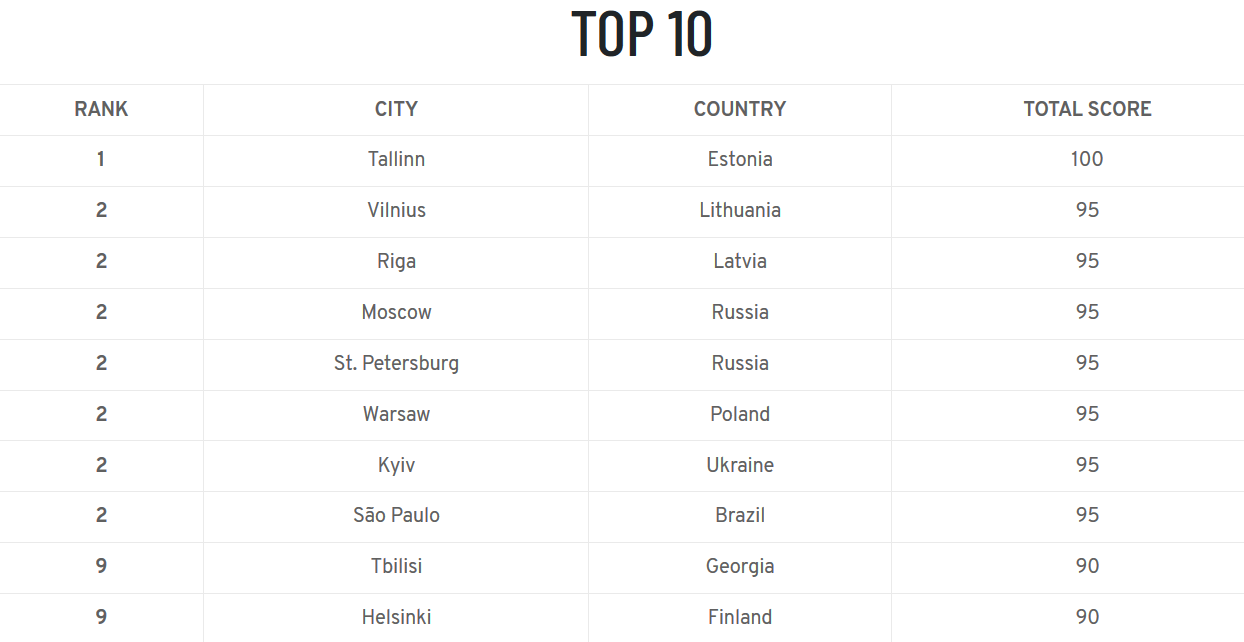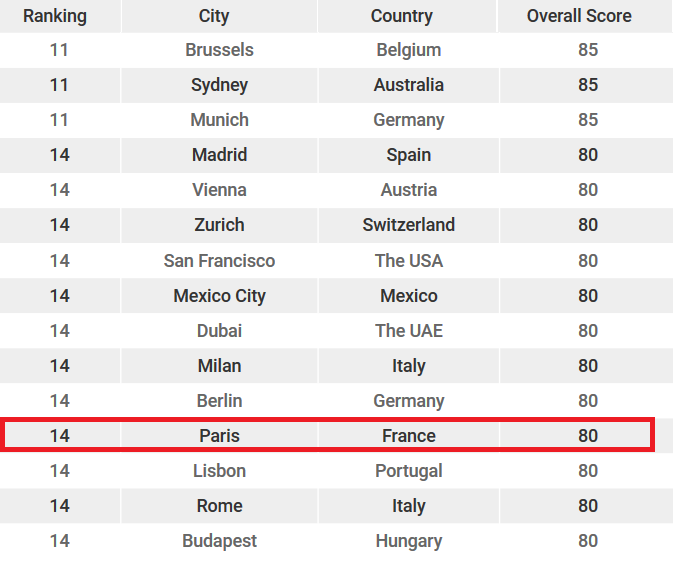SHARING ECONOMY WAITING FOR NORMALCY – PREFERABLY WITHOUT REGULATIONS
Businesses focusing on the rental of cars, apartments and certain services aren’t going through their best moment after being hit by ‘the new normality’, in which social distancing is essential.
Two months ago, sharing economy, or the collaborative economy businesses (where customers rely on each other to meet needs) were seen as the perfect model for a more sustainable future, despite always being wrapped in controversy.
According to the PwC consultancy, it was estimated that companies in the five most important sectors of Europe’s collaborative economy would generate approximately 300 billion euros by 2025. The figure is over ten times higher than the 28 billion euros produced in 2015. But now, the financial model for the sharing economy could be heading to the crisis.
The Consumer Choice Center is the consumer advocacy group supporting lifestyle freedom, innovation, privacy, science, and consumer choice. The main policy areas we focus on are digital, mobility, lifestyle & consumer goods, and health & science.
The CCC represents consumers in over 100 countries across the globe. We closely monitor regulatory trends in Ottawa, Washington, Brussels, Geneva and other hotspots of regulation and inform and activate consumers to fight for #ConsumerChoice. Learn more at consumerchoicecenter.org











